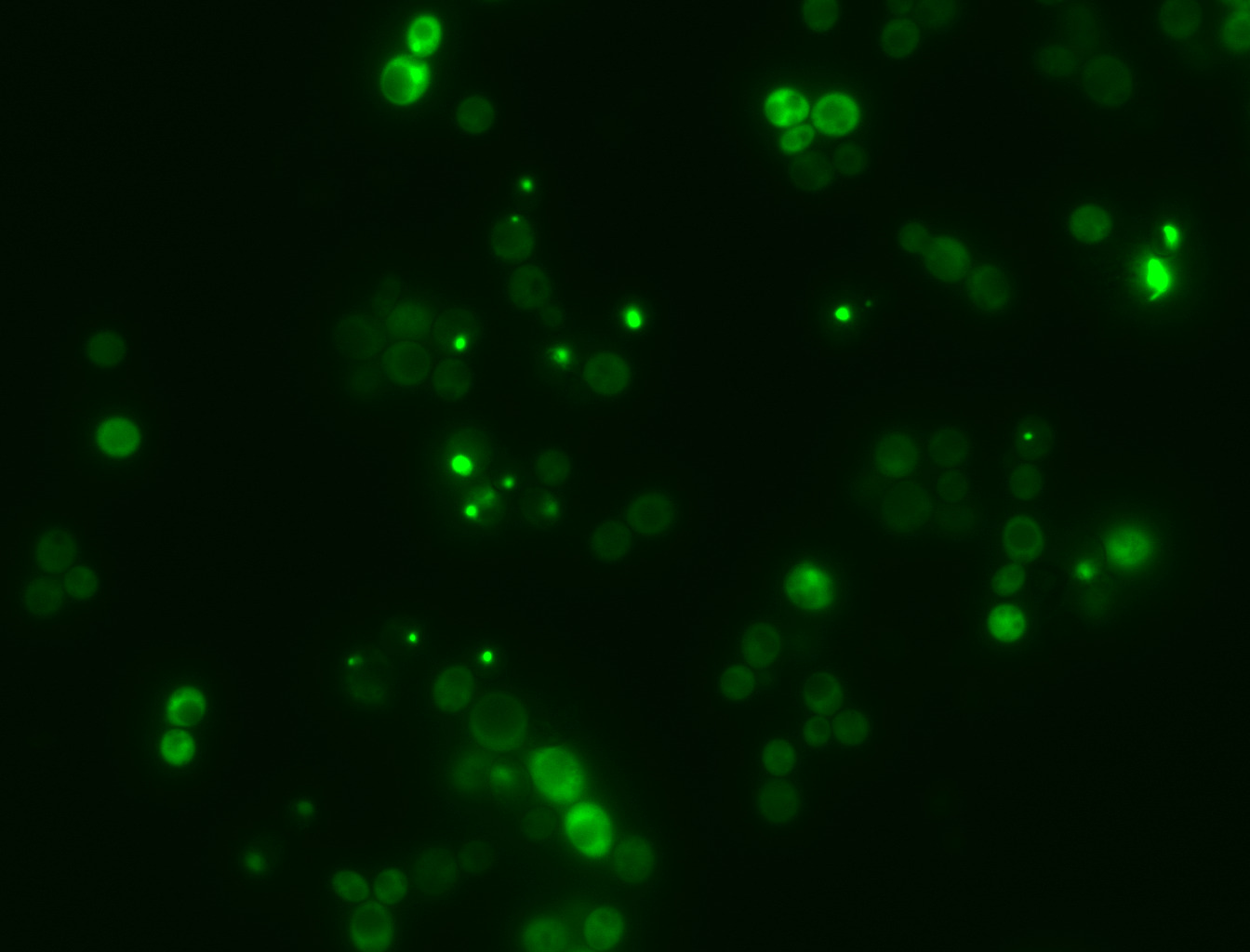Study suggests eating ultra-processed foods may accelerate early Parkinson's symptoms
Consumption of ultra-processed food is associated with an increased likelihood of having prodromal signs of Parkinson's disease - symptoms that precede the disease - says a study published in Neurology. The analysis is based on data from more than 42,000 healthcare professionals in the US, followed for up to 26 years.









